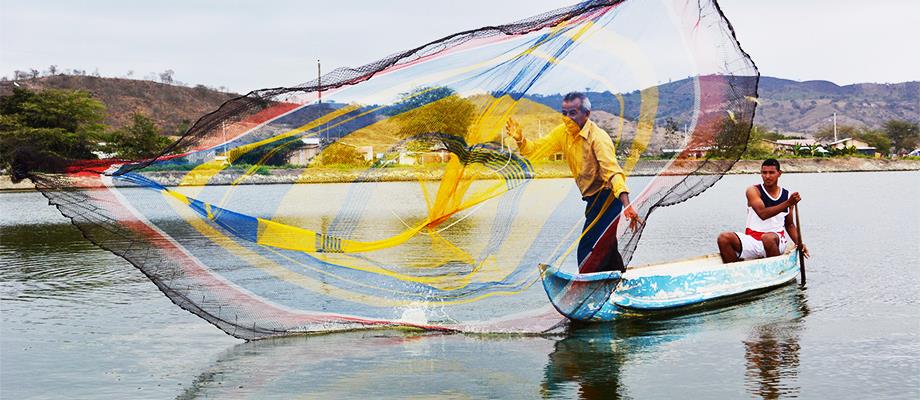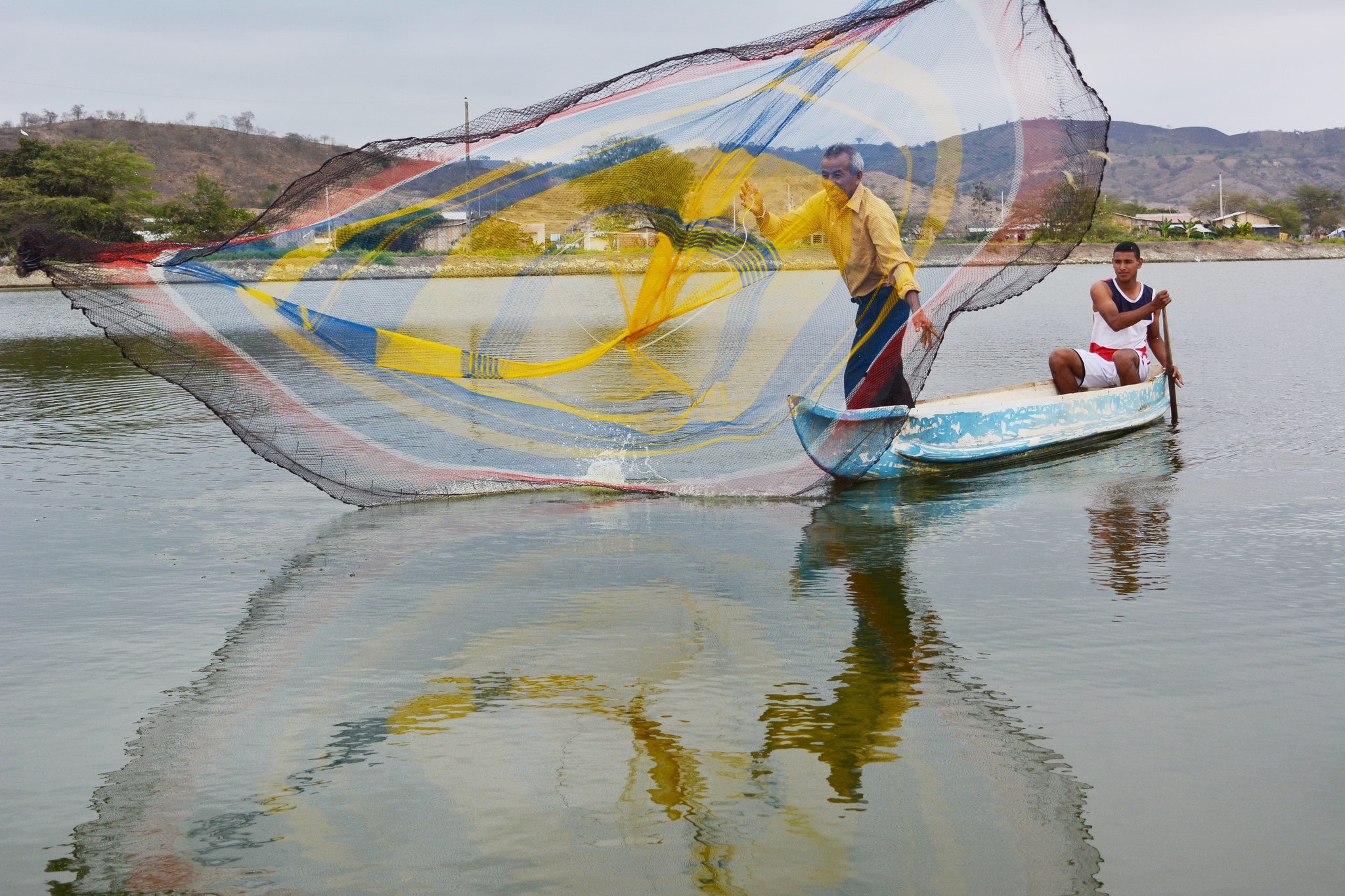Autogenous social protection mechanisms in small-scale fisheries and aquaculture in Latin America

 |
In Latin America there are various social protection mechanisms created by organizations of artisanal fishers and small-scale fish farmers, as a substitute response to the absence of official, government led, systems. Some barriers to access social protection programs include labor informality, which makes fishers, fish-farmers and fish-workers invisible to registries, or the State's difficulties to provide universal social protection that reaches the sector. This autogenous response of producers' organizations is particularly important considering the physical risks involved in fishing activities.
Examples of autogenous social protection mechanisms found in the small-scale fisheries and aquaculture sector range from savings banks and revolving funds, to contributory funds derived from the collective sale of fishery and/or aquaculture products that are administered by the members of the productive organization themselves and used to support the health, education or pensions of their members.
Some examples of autogenous social protection mechanisms follow:
- In the Chismuyo Bay, Honduras, fishers' organizations have created a rural fund with seed funds, through which they grant loans to their members at rates close to zero.
- Aquaculture producers' associations in the Department of Meta, Colombia, with support from FAO, have set up a revolving fund that gives them access to loans for family contingencies or working capital.
- There are successful examples of social protection systems operating in artisanal fishing cooperatives in Mexico, where contributory funds derived from the sale of products caught by their members allocate significant percentages to health, education, loans at soft rates, disability or old-age pensions and life insurance.
FAO, through Chapter 6 of the Voluntary Guidelines for Achieving Sustainability in Small-scale Fisheries in the Context of Food Security and Poverty Eradication (SSF Guidelines), calls for social development, employment and decent work, and social protection. To advance this agenda, FAO promotes various strategies in the region to include artisanal fishers and small-scale fish farmers in national social protection systems, for which it has carried out sectoral diagnoses in Mesoamerica and South America, as well as the creation of subregional forums that bring together parliamentarians, national fisheries and aquaculture authorities and fishers' and fish farmers' organizations. Undoubtedly, the best way to celebrate the International Year of Artisanal Fisheries and Aquaculture is to promote the guarantee of access of these workers and their families to social protection, whether official or self-generated.
